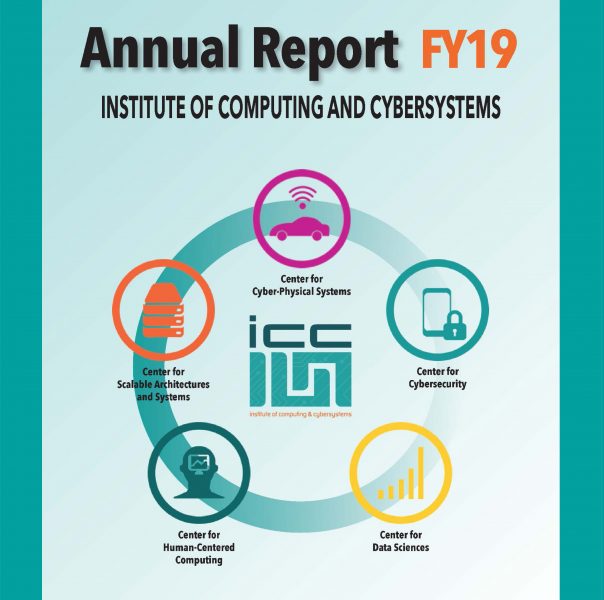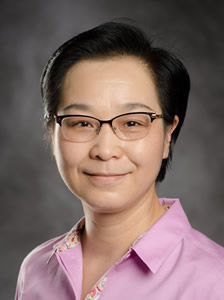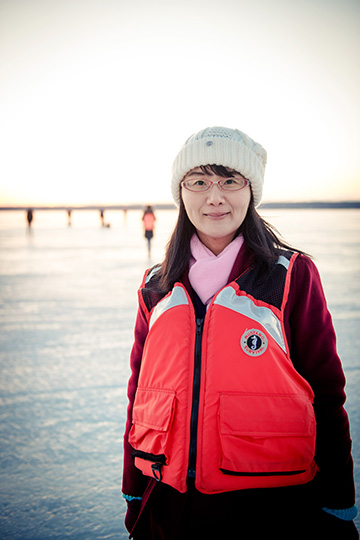The Institute of Computing and Cybersystems has released its FY 19 Annual Report, which can be viewed and downloaded on the ICC website.

We had a strong year in 2018-19,” says Timothy Havens, director of the ICC and associate dean for research, College of Computing.
“In FY20, new awards and research expenditures were even stronger, and I look forward to sharing more accomplishments with you in the coming months.”







 Zhen Liu (CEE/MTTI) is Principal Investigator on a project that has received a $90,418 contract with Michigan Department of Transportation. This project is titled “Improved Calculation of Scour Potential in Cohesive Soils and Scour Susceptible Rock.” Brian Barkdoll (CEE) and Stan Vitton (CEE) are co-PI’s on this 14-month project.
Zhen Liu (CEE/MTTI) is Principal Investigator on a project that has received a $90,418 contract with Michigan Department of Transportation. This project is titled “Improved Calculation of Scour Potential in Cohesive Soils and Scour Susceptible Rock.” Brian Barkdoll (CEE) and Stan Vitton (CEE) are co-PI’s on this 14-month project.
https://doi.org/10.1016/j.coldregions.2019.102856